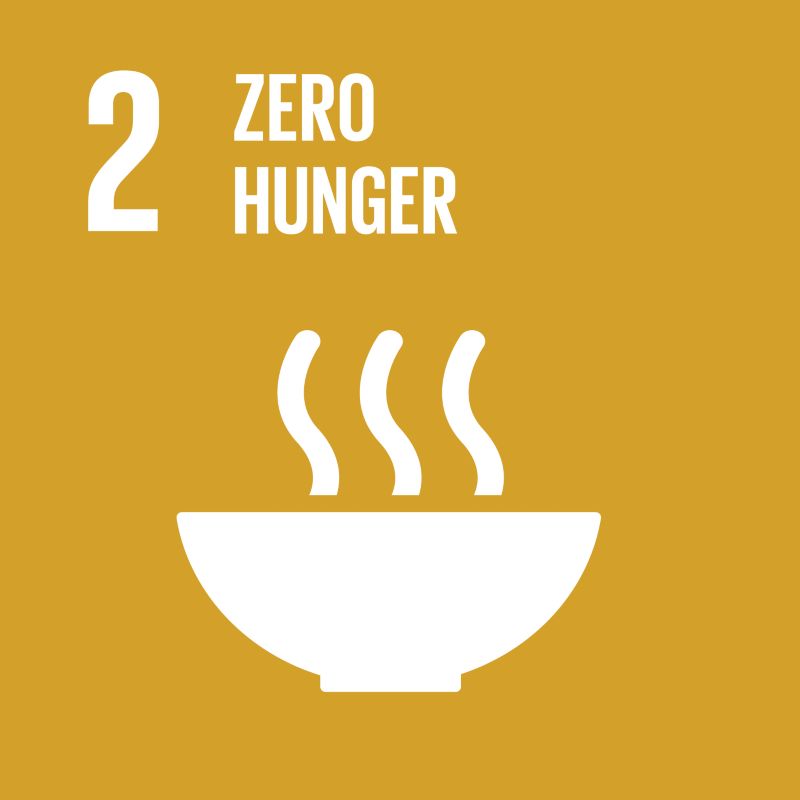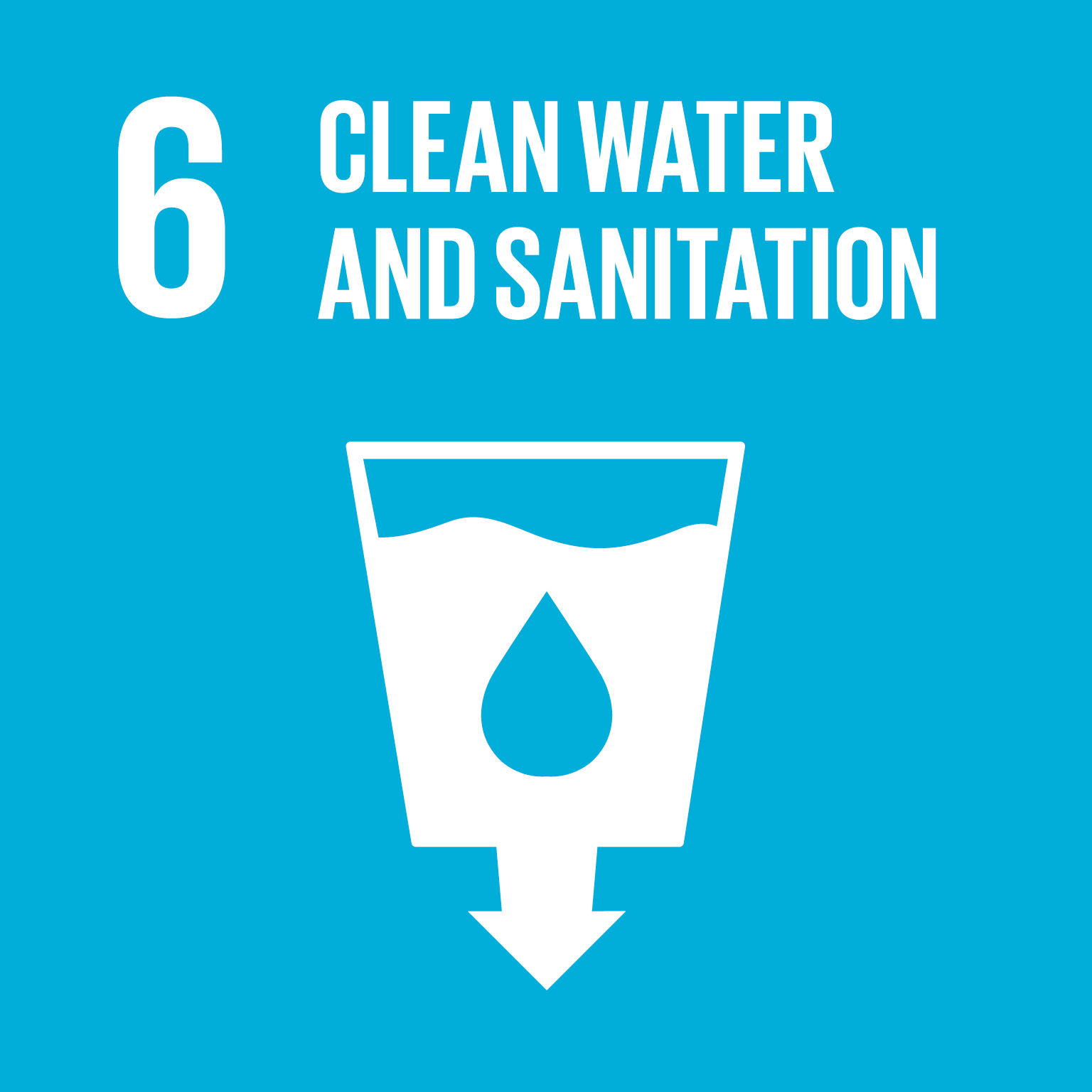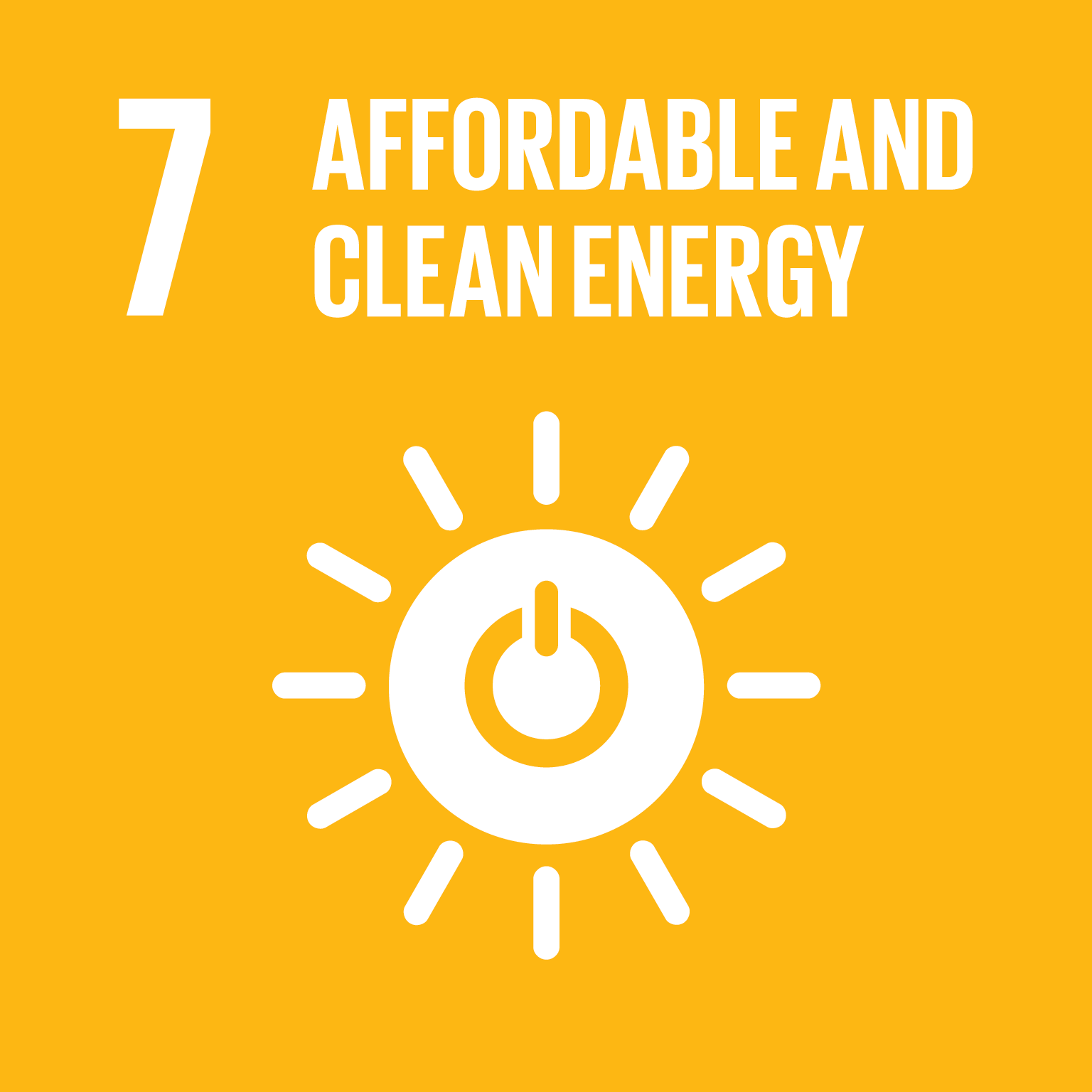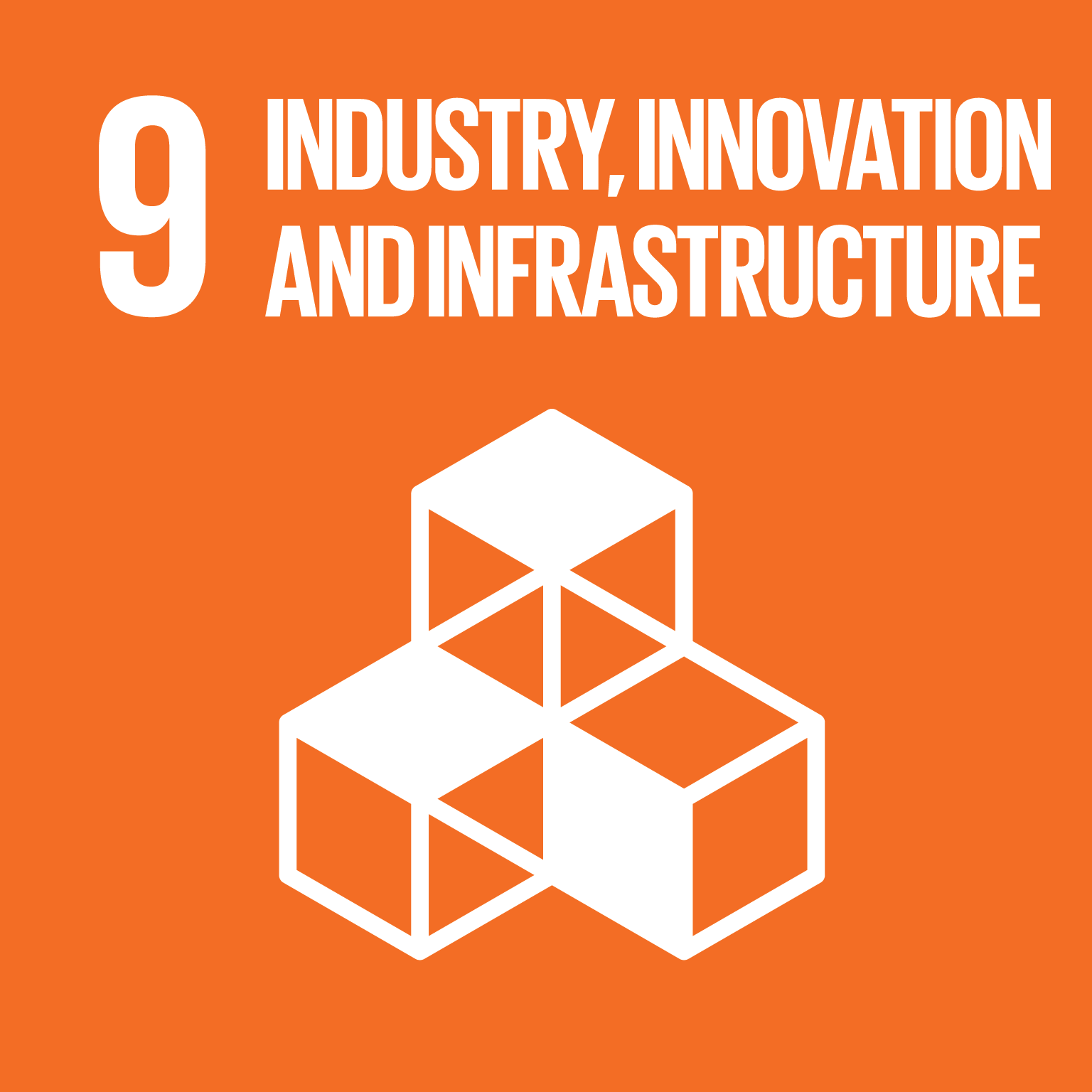RMIT has developed an alternative water desalination and irrigation system.
This system is part of a project that uses a special thermal power pump (TPP) – developed at RMIT in collaboration with University of Pune, India – which is driven by low-temperature thermal energy rather than electricity. The desalination and irrigation system we have developed is simple, compact and produces no greenhouse emissions. Not only could this system help many coastal communities, it could also enable saline groundwater to be turned into fresh water and used for agricultural irrigation – helping farmers in Australia and globally. The system runs on clean power sources – such as solar thermal, geothermal or waste heat using thermal energy at temperatures below 100C. The pressurised vapour of the working fluid is used to pump water out. Vapour is cooled to generate suction to lift the water from the source.
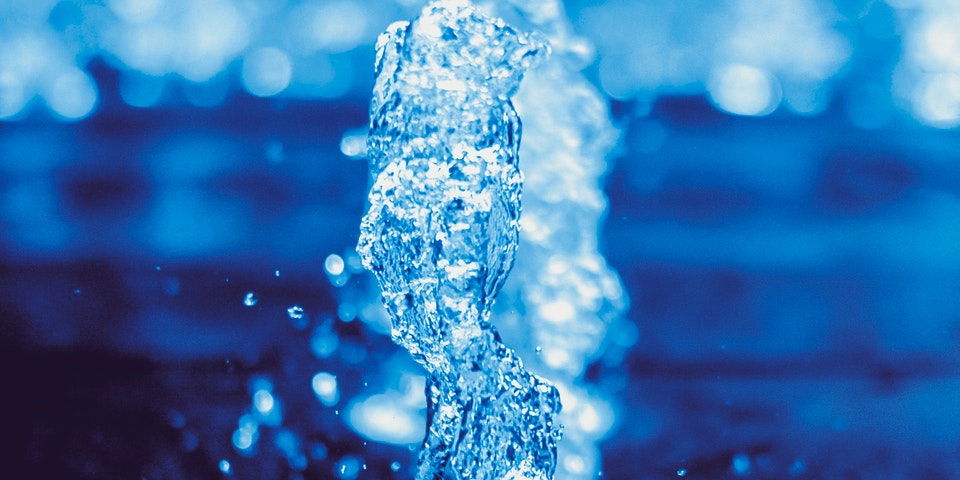
Salt removal using reverse osmosis (RO) membranes is simple and energy efficient. Pressurised salt water is pumped through a RO membrane to remove the salt ions. The prototyle of the solar-TPP-RO has been tested, with test results showing the system can produce fresh water from saline water (1000-5000ppm) with around 30% recovery and thermal energy consumption between 250MJ/m3 to 500MJ/m3.
Project impacts to date:
- 2 undergraduate capstone project students - these students are now working in industries related to water
- 1 Masters capstone project student - this student is now working in energy and water management company in India
- 1 Ph.D. student was trained in the specialist area of water management through this project - this student is working as a research fellow on a water treatment project
- 1 research fellow from University of Pune, India that worked in this project is now working as research fellow at Marie Curie University on development of moisture/water sensors
- Conducted two case studies on use of TPP system for irrigation and desalination in Australia.
- Two high quality research papers have been published:
Project timeline: 2016-2019
Key contributors: Abhijit Date and Jack Nihill
This project addresses the following Sustainable Development Goals and Targets:
2.a Increase investment, including through enhanced international cooperation, in rural infrastructure, agricultural research and extension services, technology development and plant and livestock gene banks in order to enhance agricultural productive capacity in developing countries, in particular least developed countries
6.1 By 2030, achieve universal and equitable access to safe and affordable drinking water for all
6.a By 2030, expand international cooperation and capacity-building support to developing countries in water- and sanitation-related activities and programmes, including water harvesting, desalination, water efficiency, wastewater treatment, recycling and reuse technologies
By 2030, enhance international cooperation to facilitate access to clean energy research and technology, including renewable energy, energy efficiency and advanced and cleaner fossil-fuel technology, and promote investment in energy infrastructure and clean energy technology
9.4 By 2030, upgrade infrastructure and retrofit industries to make them sustainable, with increased resource-use efficiency and greater adoption of clean and environmentally sound technologies and industrial processes, with all countries taking action in accordance with their respective capabilities

Get in touch
For more information or to discuss partnership and collaboration opportunities, email us at SDGs@rmit.edu.au.
For more information about RMIT’s sustainability commitments and activities visit www.rmit.edu.au/sustainability
